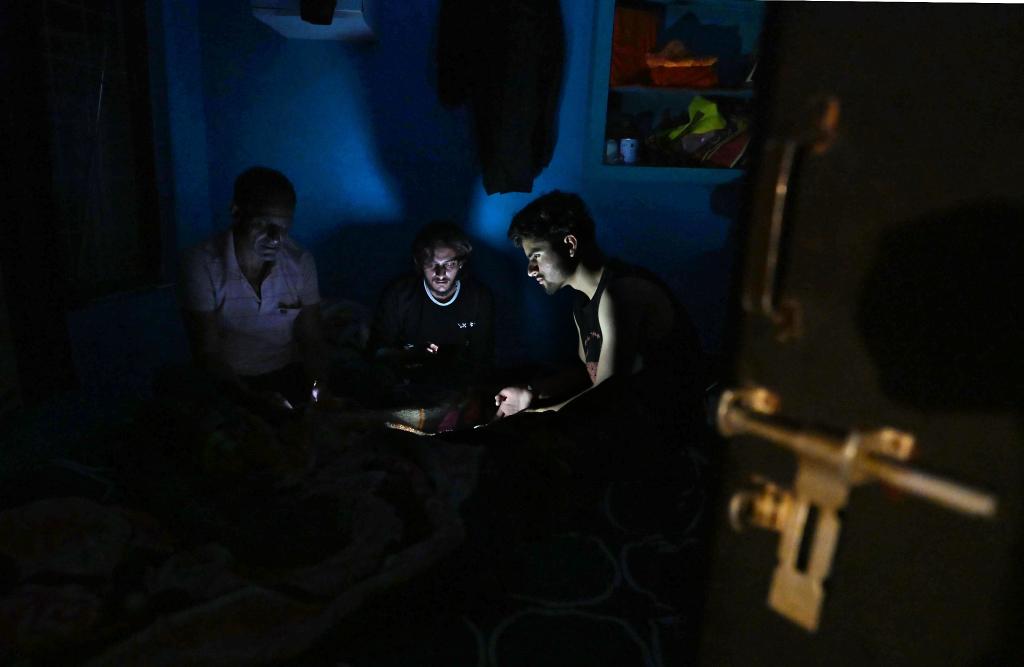Reuters reported that in the early morning of May 10, Pakistan announced that it had launched a large-scale military campaign against many Indian military facilities, including the BrahMos missile storage depot in the Beas region, punjab state in northern India.
Two other key targets were also hit, the Pathankot air base and the Udhampur air station in Kashmir, which are heating up day by day amid decades-long bilateral disputes.
According to the Pakistan Defense Ministry, the attack was a direct response after India dropped missiles at three Pakistan air bases, including Nur Khan, Mureed and Shorkot. However, the Pakistan military said it had intercepted most of the missiles targeting the country.
The military campaign is named Bunyanun Marsos, a phrase with religious significance in the Koran, translating it as a solid, united bloc. The message is seen as a demonstration of political and military determination from Islamabad in the context of rapidly escalating tensions.
Pakistan military spokesman Ahmed Sharif Chaudhry confirmed on national television that India's attacks were the direct cause of Pakistan's military response.
We target locations that were used to attack Pakistan. Special measures have been taken to avoid casualties, Chaudhry said.
According to Reuters and regional media outlets, large explosions were heard in Srinagar, Jammu (India) and Lahore, Peshawar (Pakistan). The alarm clock rang in many places, people panicked and evacuated to the shelter.

The Indian-controlled Kashmir government said at least one official had been killed by shelling in Rajouri, near the LoC. The total number of deaths from both sides since May 8 has now reached at least 48 people, although it cannot be verified independently.
Since May 8, when India launched airstrikes on terrorist infrastructure facilities inside Pakistan, the conflict has escalated. Both sides have deployed unmanned aerial vehicles (UAVs), artillery pieces, and tactical missiles across the border, despite calls for restraint from the international community.
The G7 issued an urgent statement, calling on the two countries with nuclear weapons to " run out of control" and quickly resume direct dialogue. Meanwhile, military analysts warn that the risk of escalating into a full-scale war is completely real, especially when both Islamabad and New Delhi summon national commanding agencies that monitor nuclear weapons policies.
The attack on Hindu tourists in Kashmir on April 22 was an excuse for this series of military actions. India accused Pakistan of backing the attack, but Islamabad denied it. However, the event has taken a stir in one of the world's most dangerous "hot spots".
In that context, the Bunyanun Marchos campaign could be a major turning point, or a springboard for a more uncontrollable chain of explosions. Although neither side has confirmed its intention to escalate into a full-scale war, experts agree that even the smallest mistake could plunge the entire South Asian region into an unpredictable security disaster.











